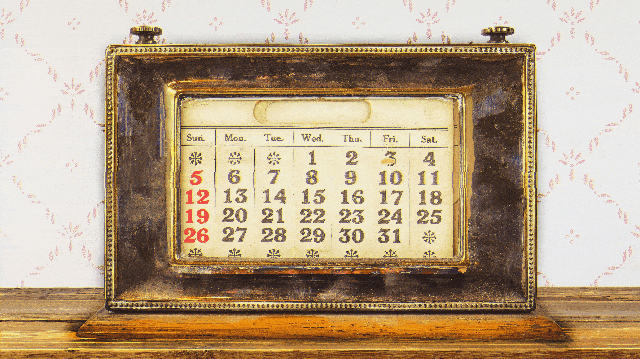In response to how our friends and neighbors with roots in the Middle East were being treated post-9/11, I worked with my schoolmates, Agzja Carey and Norah Alyami, to organize a rally in front of Oakland’s City Hall. The keynote speaker was Davey D, a journalist I knew from his KMEL days, and who I’d grow to admire and even mimic in his ability to mix hip-hop, politics, and the fight for freedom into one conversation.
Two decades later, life has evolved. Davey is a person I can call with hard journalism questions—I literally did just a few days ago.
Nas is seeing great success as of late; he even has a classic instrumental in a Tiffany and Co. advertisement… but he’s still overshadowed (for better or for worse) by Jay-Z, who along with Beyoncé was also featured by the same high-end jewelry company.
And earlier this month, as the United States pulled out of Afghanistan, and Al Qaeda forces gained control of Kabul, it became clear that our 20-year war effort, launched after 9/11, had failed.
I watched the news clips of people running toward large moving jets, even clinging on as the planes took off—just to fall to their deaths. It was reported that human remains were found in the wheel well of one of the airplanes. For me, it was further clarification of what had been long suspected: this country’s “war on terrorism,” its sacrifice of both civilians and civil liberties, had been pointless.
I broke from my anger-inducing news intake to experiment with my COVID-driven lack of taste. I ate cloves of garlic whole and lemons with the rind still on, just for kicks. I couldn’t read my books, so I balanced my intake of important headlines with clips of crate-mountain conquerors falling to their doom for the whole internet to see.
And when all else failed, I revisited classic hip-hop albums as an escape. Scarface’s The Fix, Snoop Dogg’s The Last Meal, tracks from Foxy Brown’s Broken Silence and Curren$y’s Pilot Talk trilogy. I dug up the lesser-known Nas and Lauryn Hill track, “It Wasn’t You,” as well as the staple “If I Ruled The World”—another song about the pursuit of freedom.
The alone time ate at me. How confined am I? Is my freedom found solely in music? Even then, I pay streaming services or take in unwanted advertisements to taste my source of liberation.
How has my push toward freedom led to further oppression? How much have I given to big business? How much revenue have I generated for millionaires with adverse views? Hell, how much have I personally contributed to this country’s war efforts?
I was in high school when our government started the longest war in this nation’s history. I entered the workforce shortly thereafter. Every legal dollar I’ve ever earned has been taxed and, in one way or another, used as fuel in this war machine.
How many guns have I indirectly purchased? How many were distributed in Black and brown communities overseas? How many have ended up back in my own neighborhood?
How many cops’ salaries have I contributed to? How many of those cops have harassed me, pulled over people I know for no reason, or killed someone who looks like me?
These are the unforeseen byproducts of working toward what I perceive as financial freedom.



